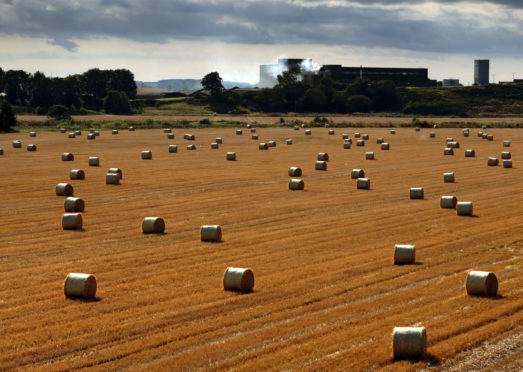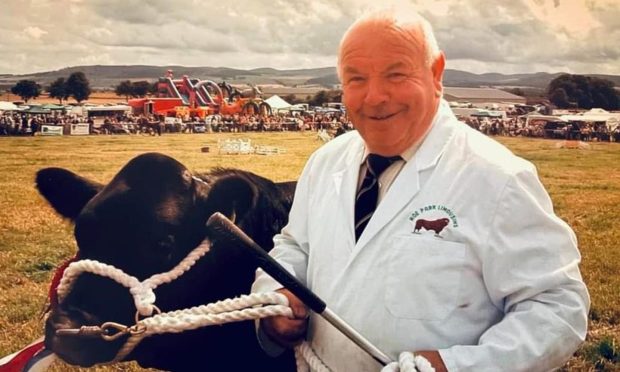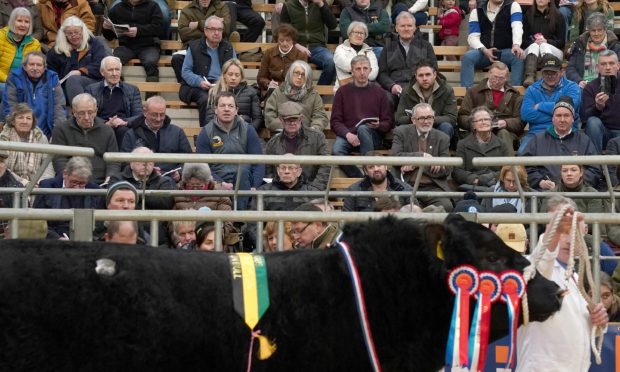The Scottish Government has been told it will need to intervene to prevent irreparable damage being done to the Scottish livestock sector this winter after months of drought led to reduced stocks of animal feed being made.
As fears grow over an impending fodder crisis, the Scottish Tenant Farmers Association (STFA) has appealed to Government for help in exploring ways of diverting feedstuffs which were destined for the renewable energy towards the livestock market instead.
In a letter to Rural Economy Secretary Fergus Ewing, the STFA said many farmers are now being forced to graze silage fields and some are already eating into winter feed stores to keep stock going.
STFA chairman Christopher Nicholson said a meeting with Mr Ewing is scheduled for tomorrow’s Black Isle Show, where the association will propose measures that could be taken to ensure that there will be adequate food supplies to see livestock over the winter.
Mr Nicholson said: “The picture being painted from Shetland to Wigtownshire is one of an impending crisis with grass growth at a virtual standstill, despite some welcome rain last week, and hay and silage crops between half and two thirds of normal.
“Dairy farmers are having to eat into winter silage rations, buy whole crop silage or face drying off or selling cows to maintain production.
“The grass shortage has hit cattle markets and the autumn store lamb sales face uncertain trade.”
Adding to the problem this year is a reduction in the availability of arable
by-products such as straw and distillery by-products such as draff and pot ale syrup.
Mr Nicholson added: “These alternative feeds are now difficult and prohibitively expensive to source; draff is in short supply for a number of reasons, straw also looks like being equally scarce and, as we have stated before, the situation is being
exacerbated by tens of thousands of acres of crop as well as tons of distillery by-products being diverted towards the renewable energy sector in supplying AD plants and biomass boilers.
“AD plants are also suffering from lighter than expected rye crops and are in competition in the fodder market with livestock producers who they will invariably outbid.
“STFA is worried that this situation will either lead to welfare issues in
the coming months or to financial difficulties as producers are forced to offload stock on to a falling market.
“Even if we get sufficient rain to get crops moving again over the next few weeks, it will be too late to fill feed stores.
“Drought is also evident in other countries so importing feedstuffs
may not be an option even if it were affordable.”
The STFA’s criticism of AD plants follows comments made by ANM’s head of livestock, John Angus, who said he was concerned about the amount of land being used to grow feedstocks.
nnicolson@thecourier.co.uk










